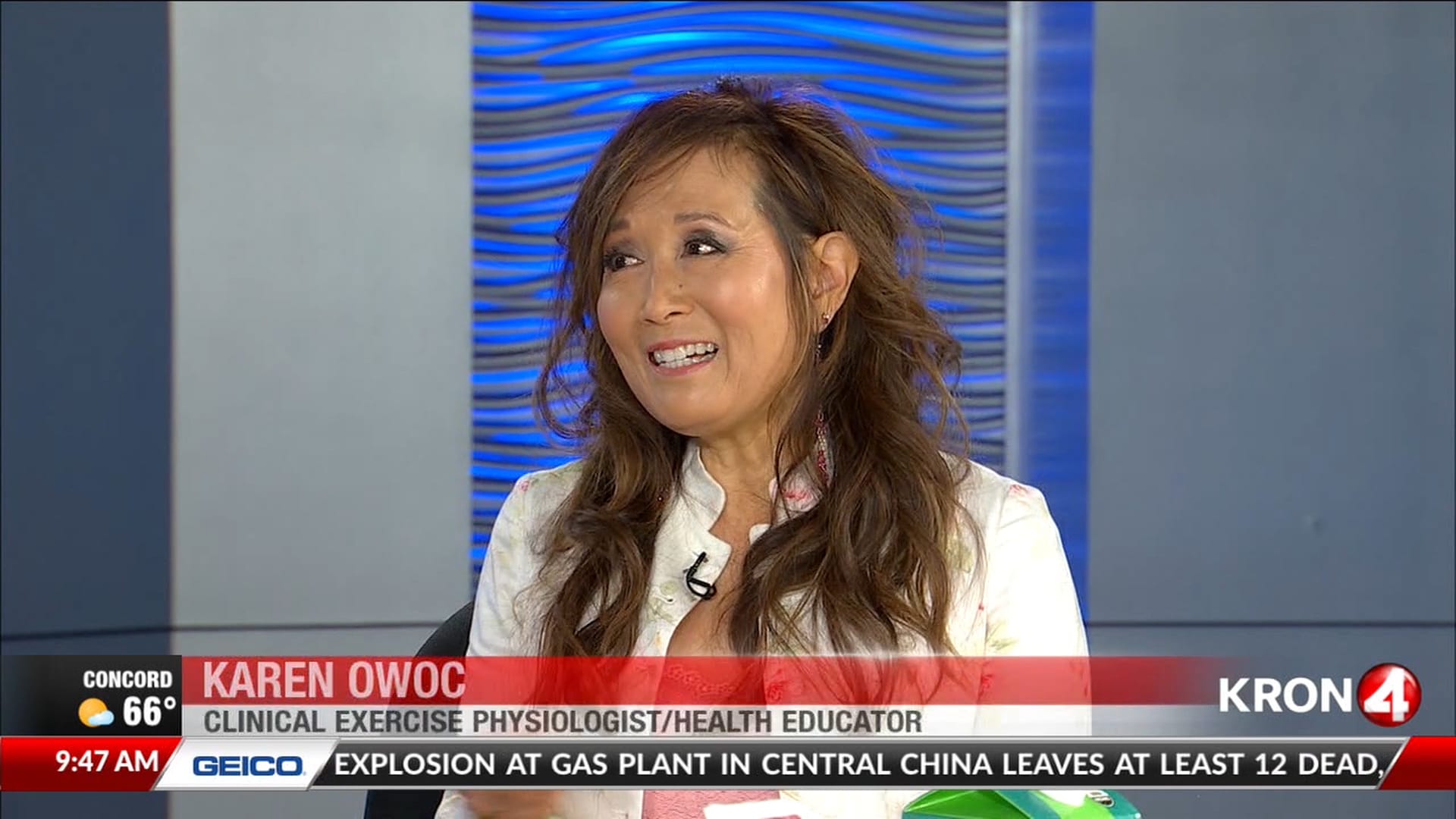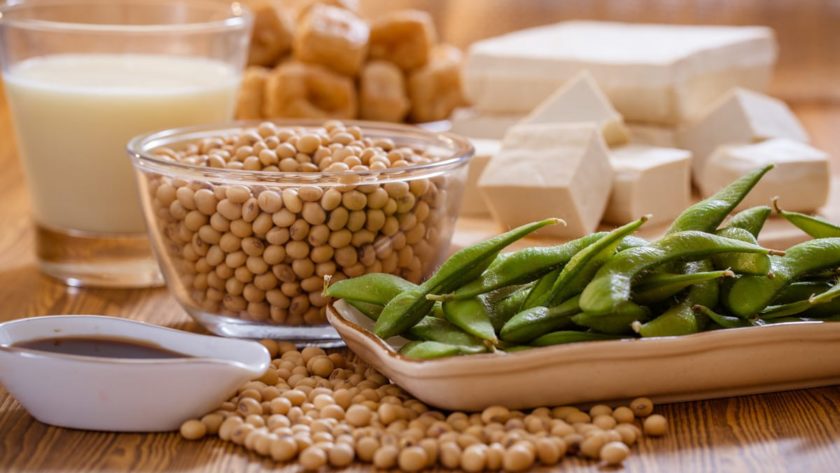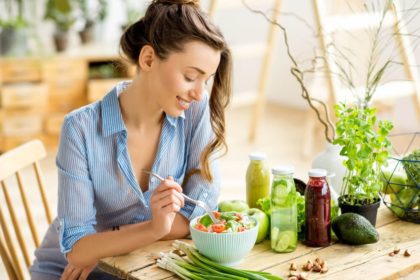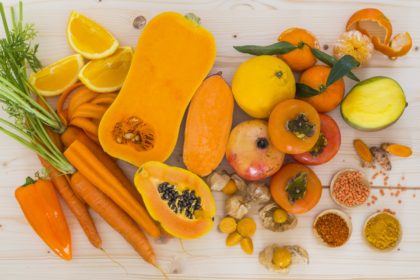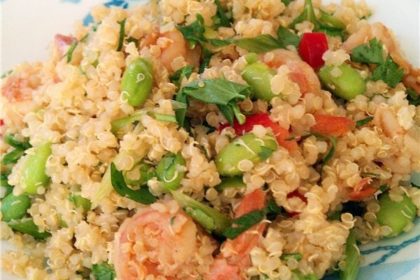UPDATE: For years, there’s been confusing debate over whether breast cancer survivors should eat soy. And now that soy is more popular in the American diet, knowing whether to eat it or not is important.
Soy: A Good Source of Nutrition
Soy contains protein, fiber, isoflavones, and other minerals like potassium and calcium. Isoflavones are phytonutrients (antioxidants) and a class of phytoestrogens (plant estrogens). Even though phytoestrogens are plant-based, they function similarly to estrogen in humans.
How Did Soy Get a Bad Rap?
The increased risk of breast cancer is linked to the estrogen. Estrogen is a female sex hormone. Most breast cancers are “estrogen-receptor-positive”, that is, they’re sensitive to estrogen, and estrogen causes cancer cells to grow. Since soybeans and soy products are the richest dietary source of isoflavones (not found in any other foods), it was once thought that plant estrogens from soy could raise the risk for breast cancer.
Soy in foods do not contain enough isoflavones to increase the risk of breast cancer. Many studies, and many analyses of studies, have shown that a diet high in soy does not stimulate cancer cells.
The Soy Study
In one study, researchers examined the diets of 9,515 breast cancer patients from the U.S. and Shanghai. The study assessed the diets of these women 14.6 months after their cancer diagnosis and followed them for 7.4 years.
They looked at how often they ate the soy foods: tofu, soy milk, cooked soybeans, miso soup, soybean sprouts, protein shakes with added soy. The most frequently consumed soy foods were tofu and soy milk.
The average daily intake in the study:
- American women: 3.2 mg (equates to 1 oz soy milk)
- Shanghai women: 45.9 mg (equates to 2 servings of whole soy)
The women who ate the most soy food (over 11.83 mg of isoflavones per day) had a 27% reduced risk for breast cancer recurrence compared to those with the lowest intake (3.68 mg or less per day).
Soy and Cancer Drugs
In the study they found that soy did not interfere with breast cancer drugs that lowered estrogen levels, such as tamoxifen. In fact, it revealed that soy protected against recurrence in patients who took tamoxifen.
Soy Consumption (Western vs Asian)
Women who ate less soy or started eating it later in life had less dramatic protective effect. This could be due to the way the body processes soy.
- Asians eat whole soy foods throughout their lifetime except for the first 6-8 months of life.
- Westerners eat the most soy (through processed soy formula) during the first year of life and typically nearly none thereafter.
How Much Soy Should You Eat Per Day?
A moderate amount of whole soy foods is one to two servings per day of “whole” soy foods (not synthetic processed soy foods).
A standard serving of soy contains the following:
- 3 oz tempeh = 51.5 mg isoflavones
- 1 oz of dry roasted soybeans (soy nuts) (about 1/4 cup) = 41.6 isoflavones
- 3 oz tempeh, cooked = 30.3 mg isoflavones
- 3 oz (1/3 cup) of tofu = 19.2 mg isoflavones
- 1/2 cup soy yogurt = 21.3 mg isoflavones
- 1/2 cup of cooked edamame = 16.1 mg isoflavones
- 1 cup soy milk = 6.2 mg isoflavones
NOTE: Isoflavone content can vary considerably between brands. Consider the above list as a guide.
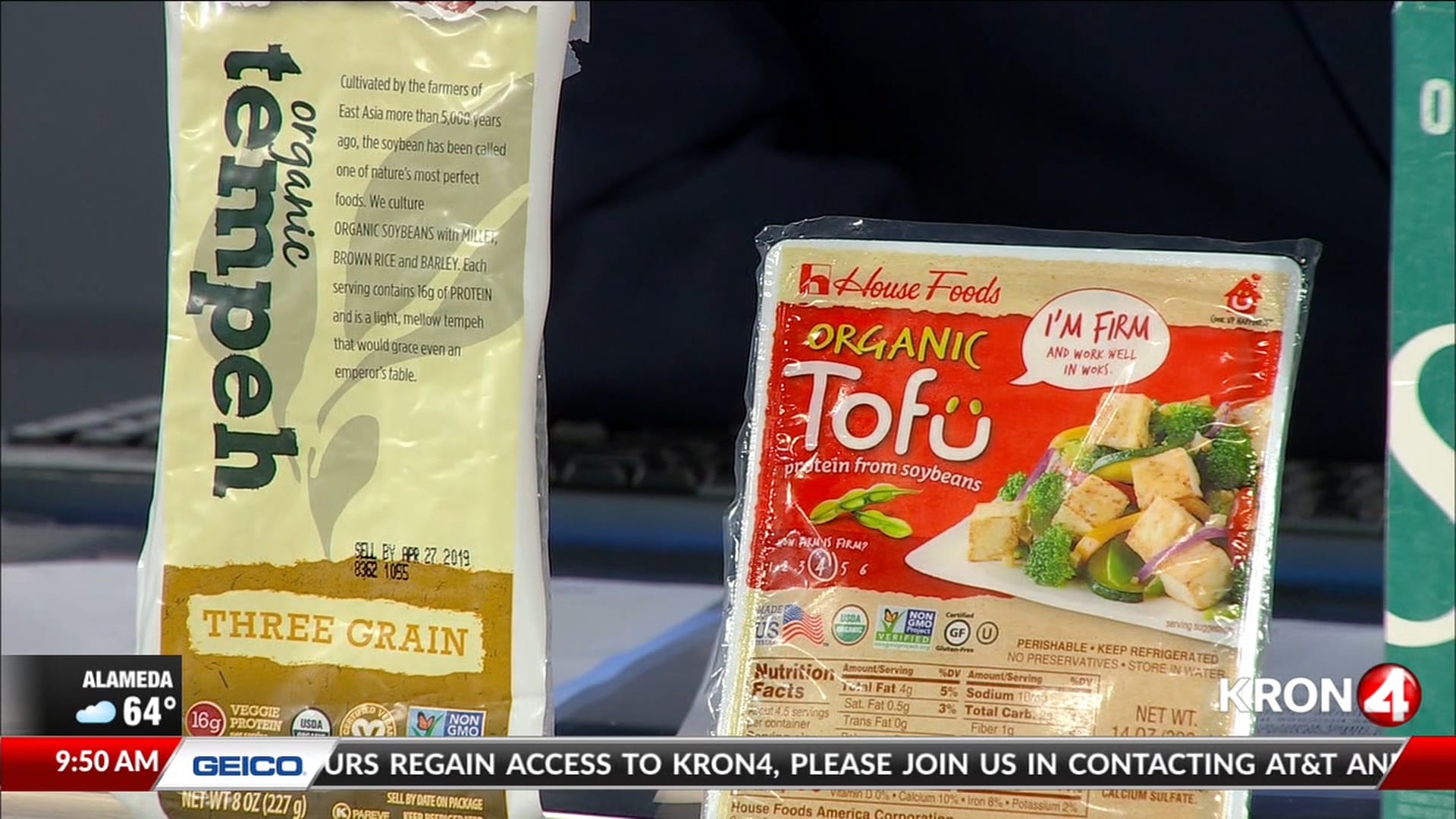
Is There an Upper Limit of Soy Consumption?
Studies have shown that consuming up to 3 servings per day of soy does not increase the risk of breast cancer (75 mg of isoflavones). Consuming even 4 servings of whole soy (100 mg of isoflavones) a day is “recognized as safe”.
Are Soy Supplements a Good Option?
The researchers warned that soy supplements are not recommended for reducing the risks of breast cancer because the amount and type of isoflavones in them may differ from actual soy foods. Your body may process the processed soy differently from soy in its natural form.
Concentrated forms of soy (soy protein isolate) contain higher levels of isoflavones and are usually stripped of their nutrients and fiber. They’re used in:
- Supplements
- Protein powders
- Meat substitutes
- Infant/toddler formula
Some studies have suggested an increased risk of breast cancer with isoflavone supplements in women who have a family history of breast cancer.
NOTE: Be sure to always check with your oncologist with any concerns.
![]() Karen’s Fit Tip: Stick to eating whole soy foods and avoid the highly processed soy supplements. Here’s a recipe to try! Toasted Quinoa Edamame Salad with Shrimp or Tofu
Karen’s Fit Tip: Stick to eating whole soy foods and avoid the highly processed soy supplements. Here’s a recipe to try! Toasted Quinoa Edamame Salad with Shrimp or Tofu
xo
